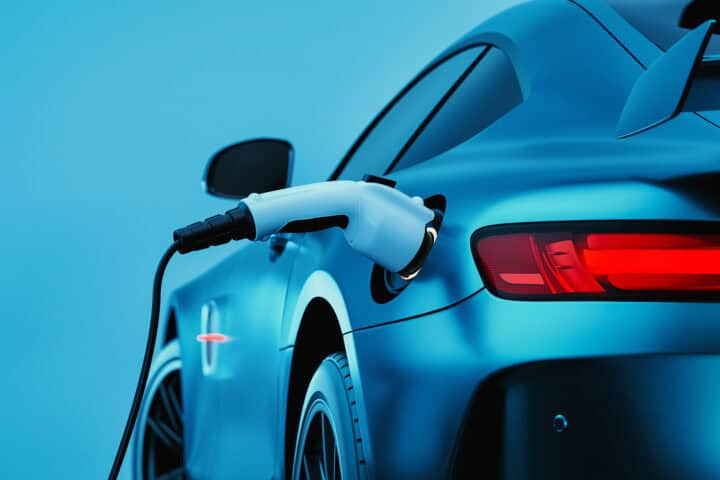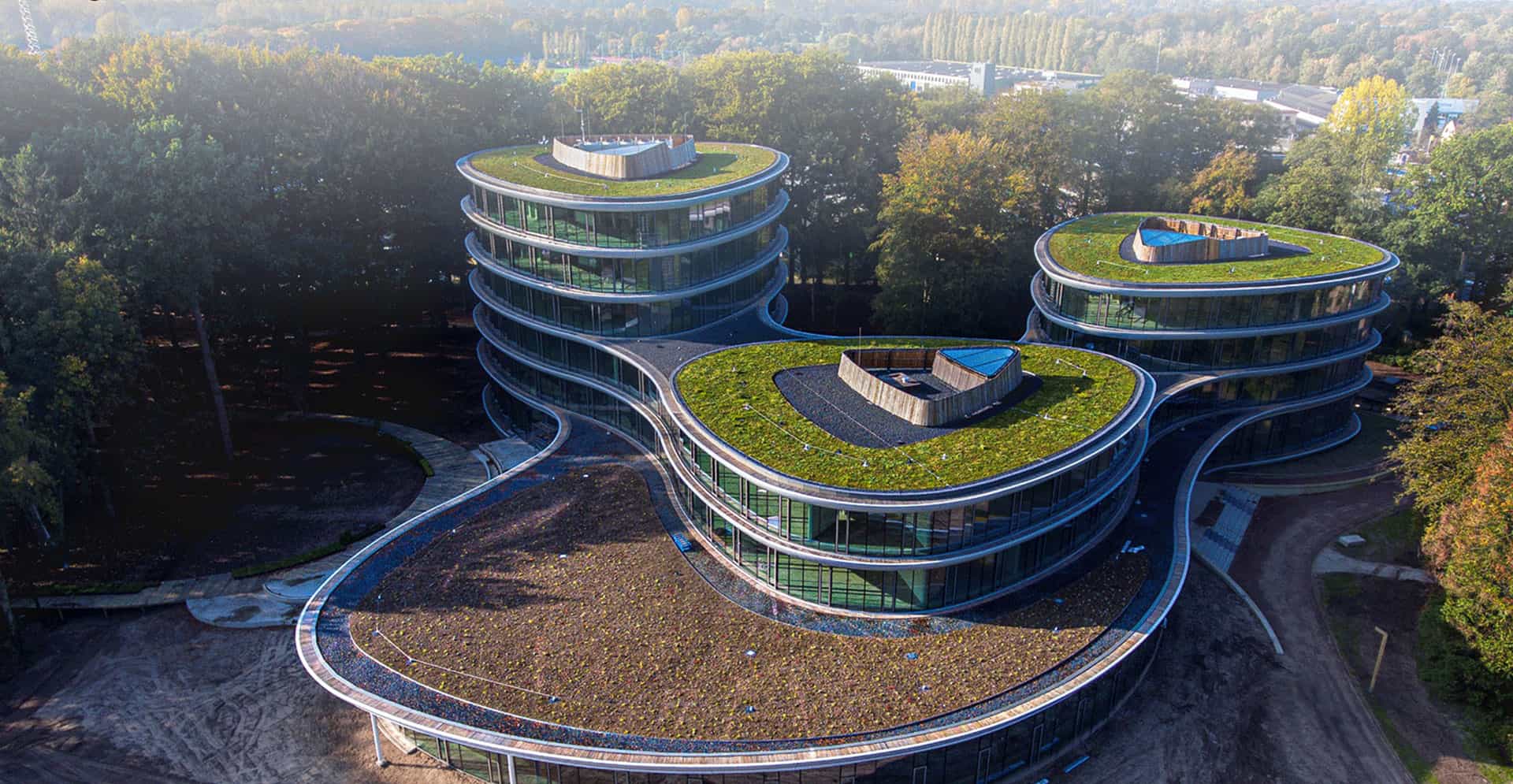The bankruptcy of California-based bus manufacturer Proterra has caused some turbulence in efforts to electrify the fleet of buses at Raleigh-Durham International Airport. The company’s assembly lines have stopped, and there is no indication of when the electric bus production will restart.
Electrify RDU: Navigating Proterra’s Bankruptcy and Sustainable Transportation Solutions
The transition of Raleigh-Durham International Airport to a fleet of energy buses has been hampered by the bankruptcy of bus manufacturer Proterra.
RDU currently operates four Proterra energy buses, and this fall, four more are anticipated. However, the assembly lines have been idled by the bankruptcy in August, and it is unclear when Phoenix Motorcars, which is poised to take over that portion of Proterra’s business, will restart them, according to John Connell, chief operating officer of RDU.
Connell told the Airport Authority board on Thursday that the best case for delivery at the moment is August of the following year. However, it is also unclear whether the new owner will adhere to the price or the delivery date. So somewhat also in the air.
The loss of Proterra, a California-based company, has more complicated RDU’s plans to increase the size of its energy fleet. According to Connell, the airport requested proposals in September to purchase an additional eight electrical buses but received no offers.
While another company claimed that its buses were too large to fit under a taxiway bridge on the RDU campus, the first claimed it lacked the capacity to fulfill the order from the latter.
RDU’s Sustainable Mobility Quest: Overcoming Proterra’s Bankruptcy and Expanding Electric Bus Fleet
According to Connell, RDU intended to purchase the buses with the aid of $3.4 million in federal funding, which is subject to “Buy America” requirements that restrict the number of potential bidders.
RDU will retry. In the event that the Proterra order inevitably fails, it is issuing another request for proposals from electric bus companies, this time for up to 12 buses.
Connell told the board “We’re hoping we’ll get bidders this time about. We’re talking to the vendors who didn’t submit, and we believe there’s a good chance we’ll get bids.”
RDU is even looking into buying fresh diesel buses as a backup.
Connell said “We know that’s not the first choice, but we need to consider that option because there is a pressing need for us to place an order.”
The airport’s largest remote parking lot will soon be expanded by 7, 000 spaces in earlier 2025, which contributes to this urgency. RDU currently operates 16 buses that transport people and workers between isolated parking lots and airport terminals, and it plans to add 28 more.
Pioneering Sustainability: RDU’s Leadership in Electrifying Public Transit
The airport started using Proterra electric buses in May 2019 and twelve of its current buses are diesel. With the aid of a nearly $1.4 million federal grant, the airport ordered four more Proterras in July 2022 and hoped to have eight more on the way by then.
RDU was the Triangle’s initial public bus system to switch to electric power. Since then, at least two electronic buses have been built by Duke University, Chapel Hill Transit, GoTriangle, and GoRaleigh, frequently with the aid of federal grants.
Although the electrics are more expensive than regular diesels, RDU officials claim that in the long run, they are worth it because of the fuel and maintenance savings. In addition to being better and softer, buses emit fewer greenhouse gas emissions than diesel vehicles.
Connell claimed that RDU has benefited greatly from the four Proterra buses. They are also suited to an airport setting where there is always a charging station nearby and where onlookers appreciate not having to deal with diesel exhaust.
Connell declared “I do see that as the future. I believe some of this is just beginning market-type issues that will get better over time. I do believe that is a long-term solution for RDU.”









